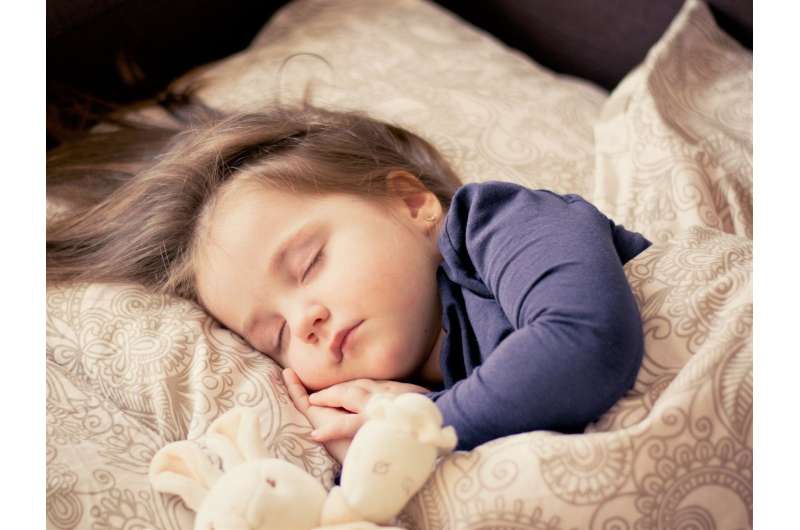Sleep experts advise parents to seek medical advice before giving melatonin to children

Melatonin use among children and teenagers is on the rise, and the Centers for Disease Control and Prevention reports increased calls to poison control centers and visits to the emergency room, primarily because of more unintentional melatonin ingestions in young children. Today, the American Academy of Sleep Medicine released a health advisory encouraging parents to talk to a health care professional before giving melatonin or any supplement to children.
Melatonin is a natural hormone that helps us regulate our sleep-wake timing. While melatonin is widely available over the counter and marketed as a sleep aid, there is little evidence that taking it as a supplement is effective in treating insomnia in healthy children. In addition, melatonin has less oversight since it is regulated by the Food and Drug Administration as a dietary supplement, and research has found that the melatonin content in supplements can vary widely. One study found the most significant variability in melatonin content was in chewable tablets—the form children are most likely to use.
“While melatonin can be useful in treating certain sleep-wake disorders, like jet lag, there is much less evidence it can help healthy children or adults fall asleep faster,” said Dr. M. Adeel Rishi, vice chair of the AASM Public Safety Committee and a pulmonology, sleep medicine, and critical care specialist at Indiana University Health Physicians. “Instead of turning to melatonin, parents should work on encouraging their children to develop good sleep habits, like setting a regular bedtime and wake time, having a bedtime routine, and limiting screen time as bedtime approaches.”
According to the CDC, from 2012-2021, the annual number of melatonin ingestions in children that were reported to U.S. poison control centers increased 530%, and melatonin became the most frequently ingested substance among children in 2020. More than 4,000 of the reported ingestions led to hospitalizations, and 287 pediatric patients required intensive care. Symptoms of a melatonin overdose can include headache, dizziness and irritability.
To address the safe use of melatonin in children and teens, the AASM advises that:
-
Melatonin should be handled as any other medication and kept out of reach of children.
-
Before starting melatonin or any supplement in their children, parents should discuss this decision with a pediatric health care professional. Many sleep problems can be better managed with a change in schedules, habits, or behaviors rather than taking melatonin.
-
If melatonin is used, the health care professional can recommend the melatonin dose and timing for the sleep problem. Parents should select a product with the USP Verified Mark to allow for safer use.
Source: Read Full Article


